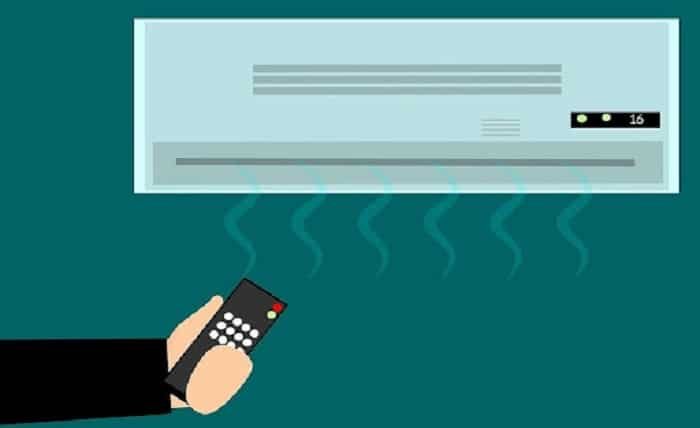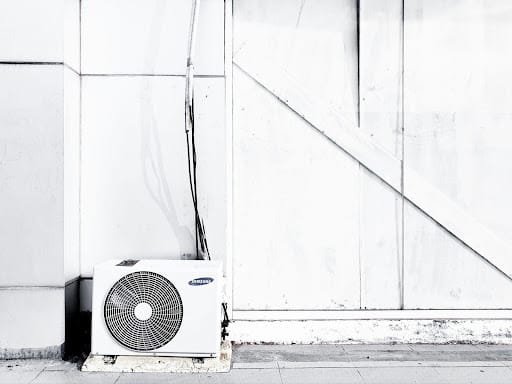Why You Need Trane AC Repair Service

Professional AC repair service technicians inspect ductwork, clean air vents, and replace or wash filters as part of the inspection process. In addition, they check for blocked condensation drain lines as well as lubricate moving parts such as the fan motor to ensure optimal functioning of their AC units.
Check the Filters
Your air filter is an integral component of your air conditioning system, not only providing comfort and health to you and your family by trapping dust, dirt, allergens, smoke, and pollen but also helping prevent costly AC repairs and downtime by keeping equipment functioning correctly. You can learn more about the health impact of dust by clicking the link.
A dirty filter forces your system to work harder in keeping you cool which could overheat and require repairs as well as breakdowns which increase utility bills – not only is a dirty filter expensive to run but can lead to overheated equipment which leads to costly repairs but can increase utility bills as well.
As part of an AC repair service, your technician will check to ensure the filter is in good working order, replacing any that are clogged as soon as possible. They’ll also assess refrigerant levels to make sure they fall within manufacturer specifications; without adequate levels, your system may need to work harder than necessary, leading to increased energy bills and possibly the need for AC repairs more frequently.
The location of filters depends on your system type; typically they’ll be found either in a return vent or air duct itself, though sometimes basement, crawlspace, garage or utility closet spaces also contain them. If you can’t locate them easily, try opening any return vents around your home until one or more is open; usually, this will reveal either an access door that opens into it from within or outside, or a grille that swings open and exposes its filter.

Check the Refrigerant
Homeowners typically contact an AC repair service when their system has broken or they cannot reach a comfortable temperature, but routine maintenance can keep your system operating at peak performance year after year.
Cleaning filters, adjusting belts, and checking refrigerant levels all contribute to optimal airflow while keeping compressor pressures within manufacturer specifications and thus helping ensure proper airflow through your compressors.
Professional technicians begin by inspecting your air conditioner’s refrigerant level and looking for any signs of leaks or low levels. Trained Trane AC repair services can help ensure these chemicals are properly handled. Low levels can negatively impact evaporator coils and result in short-cycling; leaks typically are identified by hissing noises or an oily substance in the air.
After using HVAC diagnostic techniques such as visual inspection, pressure testing, and leak detection methods (such as bubble tests or electronic sniffers) to locate the source of a problem they will then use assessments and calibration of thermostats as part of this process.
Not all refrigerants are created equal; for instance, an older unit that needs R-22 will require special purchasing from an HVAC supply store that carries it.
Your air conditioner’s label should provide this information or you can check its compressor or evaporator to identify which type is needed; mixing different kinds can potentially compromise the operation of your air conditioning unit and even cause irreparable damage.
Check for Animals
Homeowners with pets understand the importance of having an effective air conditioning system is imperative for their comfort. Pet hair and dander can clog filters quickly causing it to fail but regular maintenance can prevent this. You can click the link: https://animals.howstuffworks.com/pets/hypoallergenic-dogs.htm to learn more about pet dander.
As part of your AC repair service preparations, it is wise to remove pets from the work area. This helps the technician focus and avoid being distracted by unruly cats or dogs. Furthermore, any toys, food bowls, or beds belonging to your animal should also be moved from this space in preparation.
Check for Unusual Noises
Various factors could cause an AC unit to make unusual noises, which may require professional assistance or can be resolved with DIY methods. Rattling noises often result from fan blades getting stuck in debris or an air filter being clogged; to stop these sounds it is crucial that filters and debris from outside units are checked regularly and cleared away regularly.
Unusual noises to consider right away include clicking and grinding sounds. A clicking noise could signal that there’s a loose wire inside, which should be tightened by an HVAC professional; and grinding noises could mean worn fan bearings need lubrication or replacement services.
Any sound of squealing or screeching must also be addressed immediately as this could indicate failing bearings and may require replacement, leading to improper functioning and potentially increasing energy bills.
Burning smells indicate electrical component problems in a unit and must not be ignored as this can pose a fire hazard and should not be handled on your own – doing so could prove deadly!



